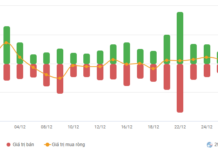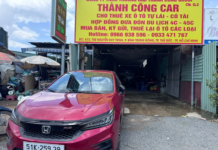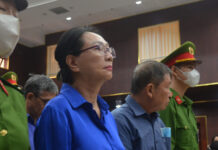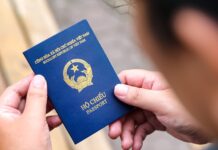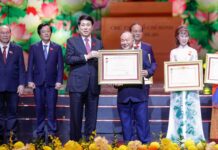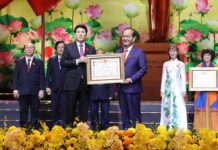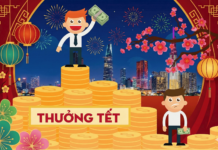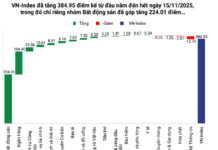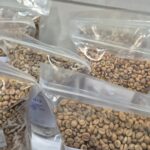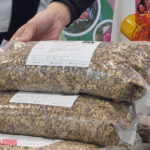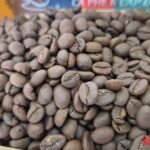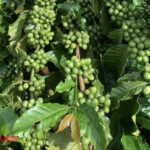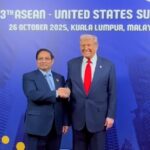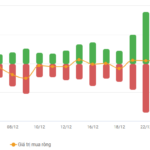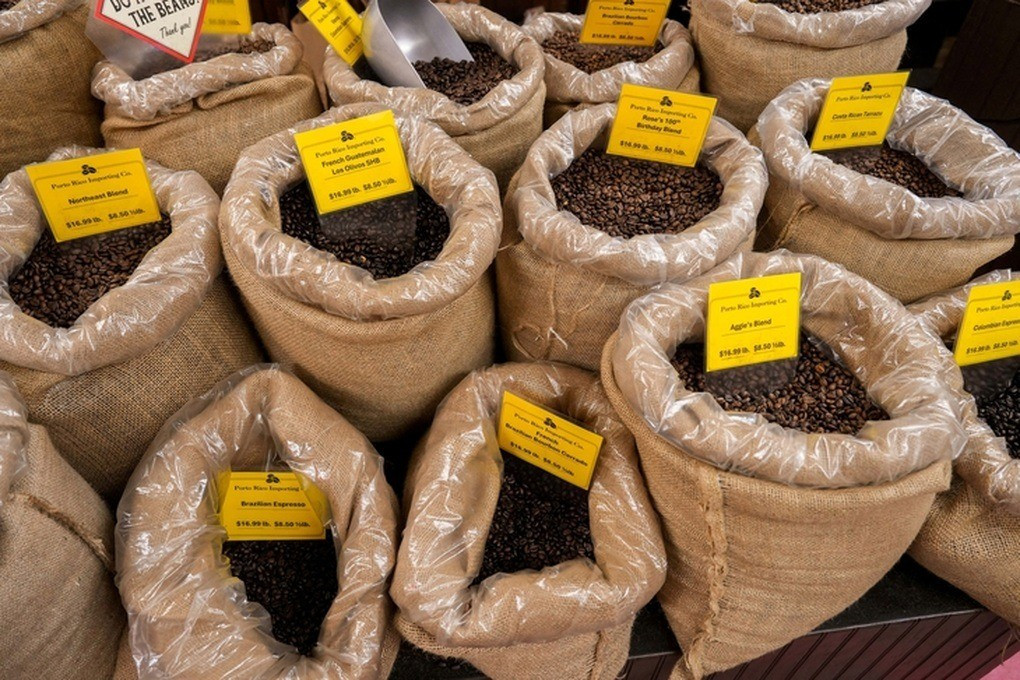
Following the joint Vietnam-U.S. Declaration on a Just and Balanced Trade Agreement, Vietnamese businesses are closely monitoring U.S. decisions regarding products eligible for a 0% tariff.
According to recent announcements, the U.S. will prioritize reducing tariffs on goods it cannot domestically produce or cultivate, as well as products with limited supply or insufficient domestic production.
In this context, Vietnamese coffee has become a focal point of discussion. U.S. President Donald Trump announced that coffee is among the products included in the new trade agreement with Vietnam, exempting it from a 20% tariff.
Specifically, while the U.S. maintains a 20% tariff on most Vietnamese goods, it will eliminate tariffs on select products, with coffee identified as one of the first to be exempt.
According to Vietnam Customs, in September 2025, Vietnam exported 81,000 tons of coffee, valued at $462 million, a 60% increase compared to September 2024. Cumulatively, by September 2025, coffee exports reached nearly 1.24 million tons, valued at $7.01 billion, marking a 12% increase in volume and a 62% increase in value compared to the same period last year. This surpasses the $5.62 billion recorded in 2024, setting a new historical milestone for Vietnam’s coffee industry.
Both domestic and international coffee prices have risen due to global supply shortages. Major producers like Brazil and Indonesia have been severely impacted by extreme weather, while investment funds’ purchasing power has increased and trade policies in many countries remain unstable. In this scenario, Vietnam’s Robusta coffee has become a preferred choice for importers due to its stable supply, competitive pricing, and improving quality.
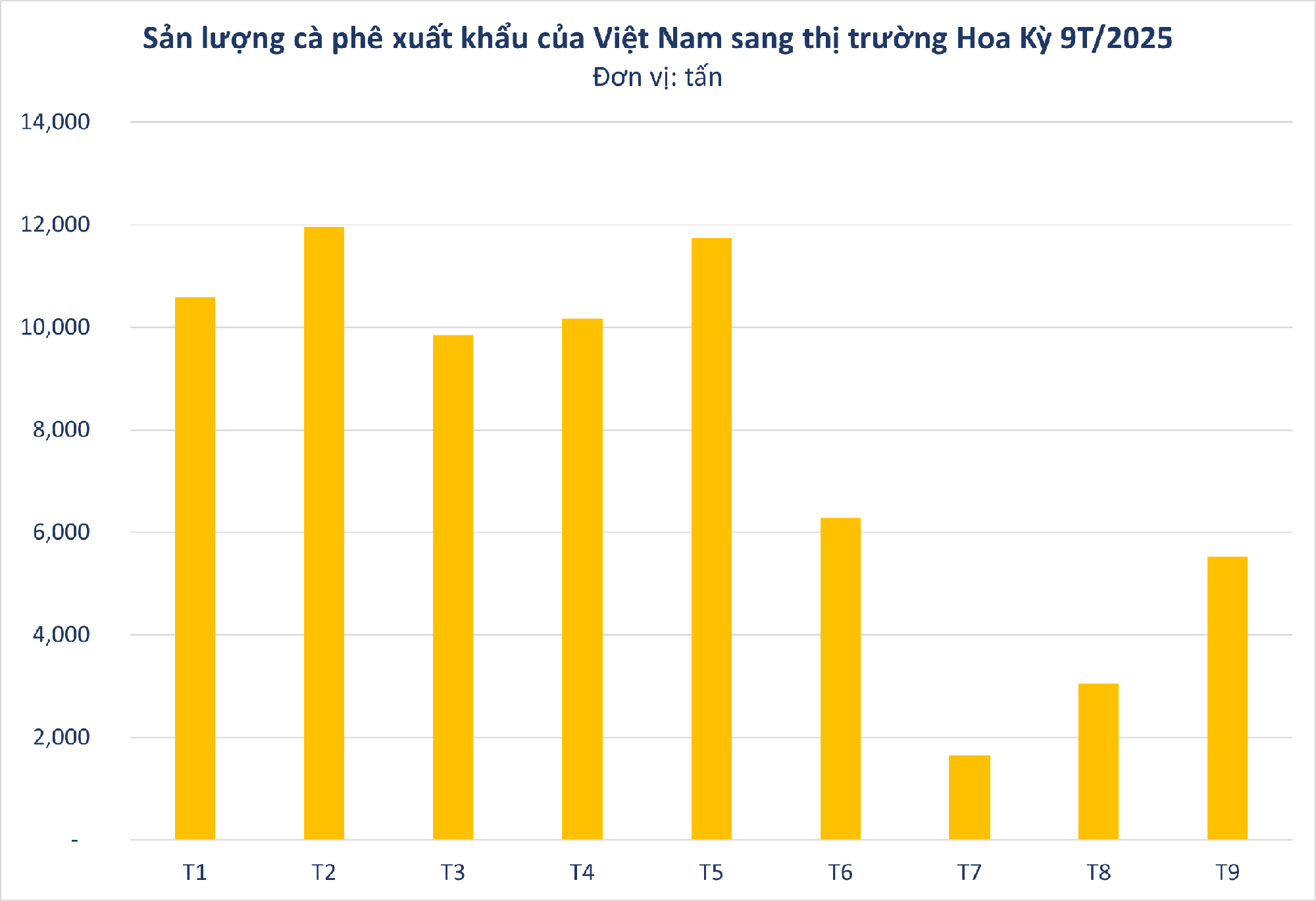
However, according to Nguyen Tuan Viet, CEO of VIETGO Export Promotion Company, the U.S. decision to exempt Vietnamese coffee from the 20% tariff is a “golden opportunity but also a test of capability” for Vietnamese businesses.
“The tariff advantage is just the beginning. What we have and what the U.S. market needs are not yet aligned. 85% of Vietnam’s coffee production is Robusta—a strong, high-caffeine variety—while Americans prefer Arabica. In other words, reduced tariffs do not guarantee increased success unless businesses adapt quickly,” Viet noted.
Nguyen Tuan Viet believes that to transform this advantage into a historic turning point, Vietnam’s coffee industry must undergo significant changes in three key areas:
First, deeper collaboration with international roasters and processors—partners who understand American consumer preferences, possess advanced technology, and have extensive distribution networks. “We need to sell not just beans, but higher-value products,” Viet emphasized.
Second, expanding Arabica cultivation is a long-term strategy. Vietnam has suitable climates in regions like Lam Dong, Son La, and Quang Tri, making it possible to develop both major global coffee varieties—a feat achieved by only a few countries.
Third, investing in brand building and storytelling around Vietnamese coffee culture. Americans don’t just drink coffee for its taste; they value the story behind it: who grows it, where it’s grown, and under what standards. “To go global, Vietnamese coffee needs a narrative about its land, people, and journey from farm to morning cup,” Viet shared.
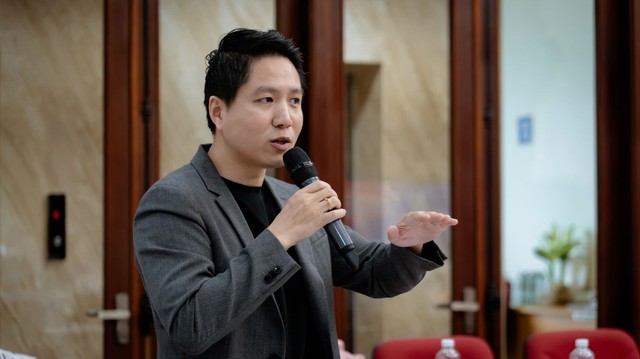
Nguyen Tuan Viet, CEO of VIETGO Export Promotion Company.
However, he noted that positive effects will not be immediate. “The coffee industry is a long supply chain, and comprehensive change cannot occur solely due to one policy. It will take at least 1–2 years for Vietnamese businesses to finalize partnerships, standardize processing, build distribution systems, and establish trust with U.S. partners.”
“This is not a short-term race. To truly rise, Vietnam’s coffee industry must reposition itself from a ‘coffee bean supplier’ to a ‘coffee nation’—one that encompasses cultivation, processing, export, and cultural value creation,” Viet concluded.
Today’s Coffee Prices (30/10): Skyrocketing Surge Sparks Nationwide Coffee Farming Boom
Coffee prices surged today, driven by a significant rally in Robusta beans, as market sentiment turned bullish.
Vietnam and the U.S. Announce Joint Statement on the Framework for a Reciprocal Trade Agreement
On October 26, Vietnam and the United States agreed to announce a Joint Declaration on a Framework for a Reciprocal, Fair, and Balanced Trade Agreement during the ASEAN Summit held from October 26-28, 2025, in Kuala Lumpur, Malaysia. This significant development was marked by the participation of Prime Minister Pham Minh Chinh and President Donald Trump at the summit.

